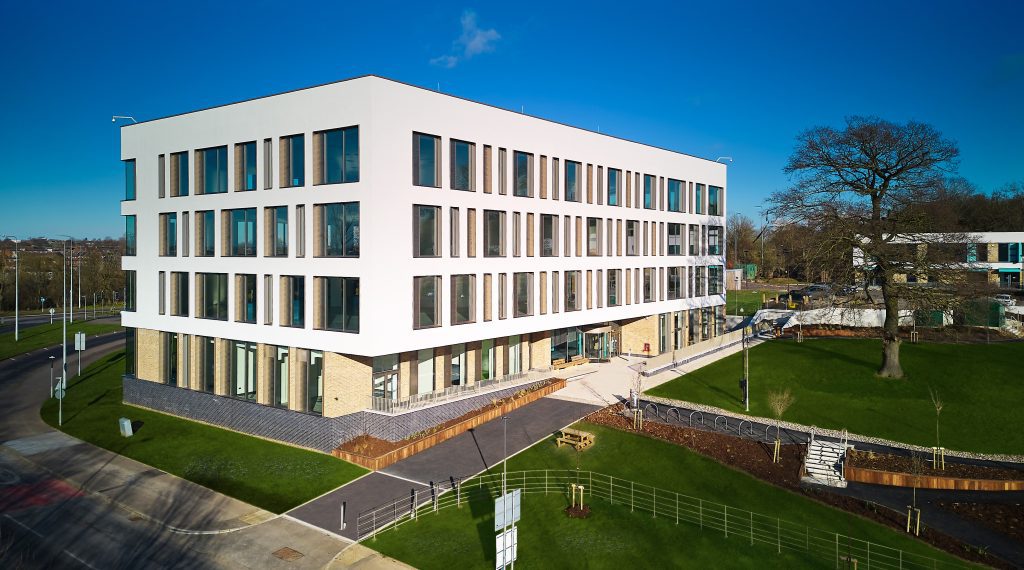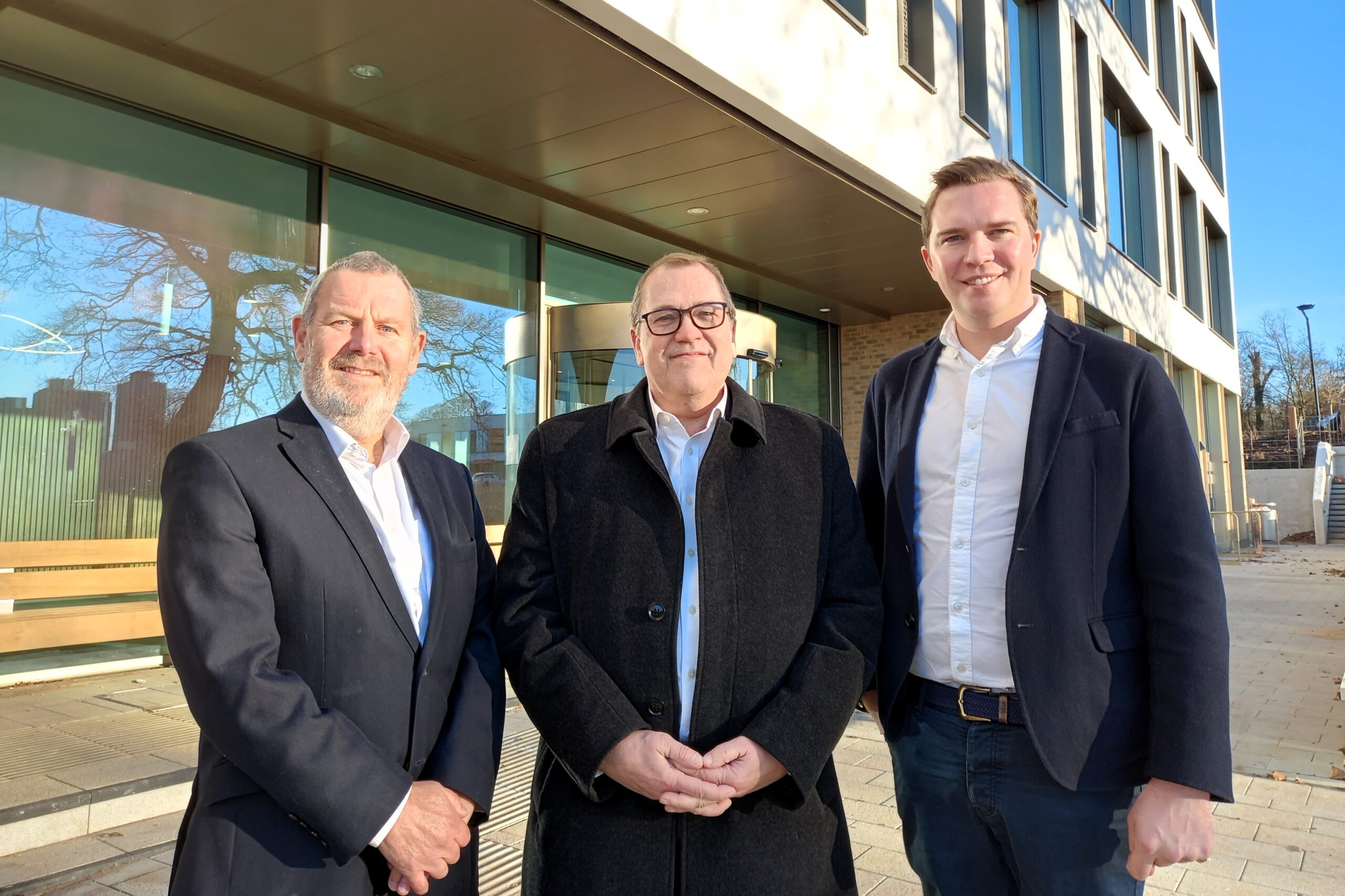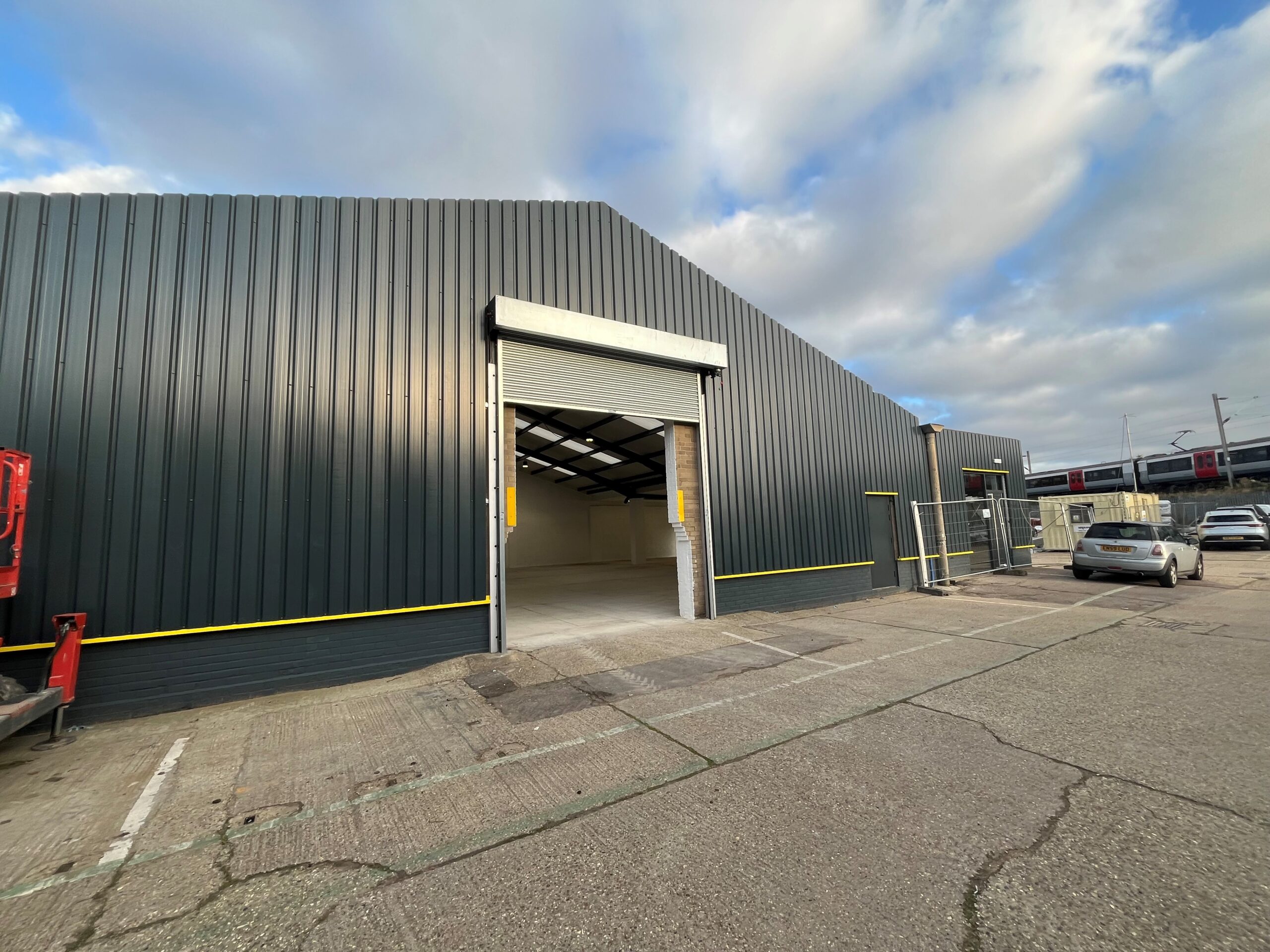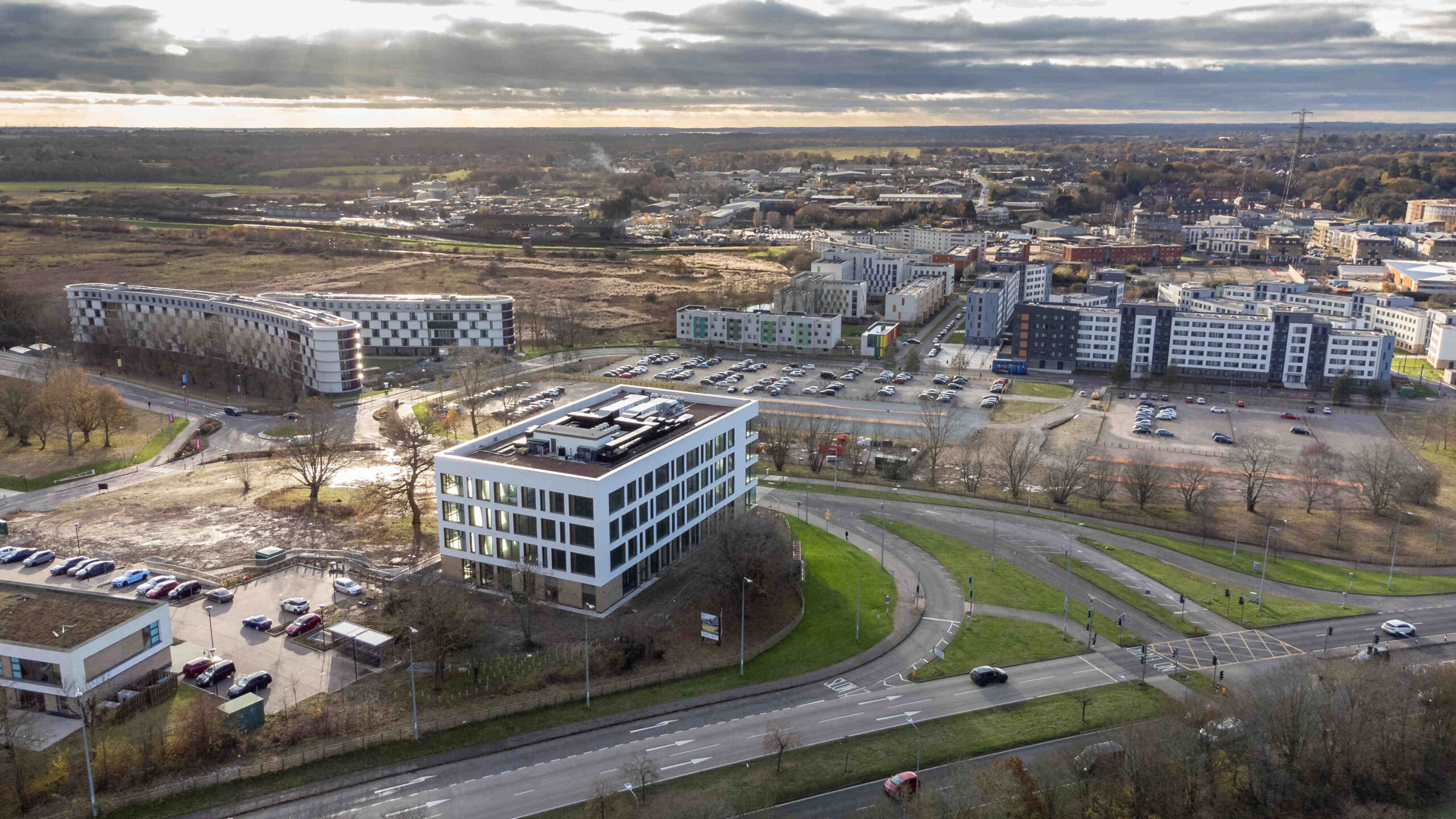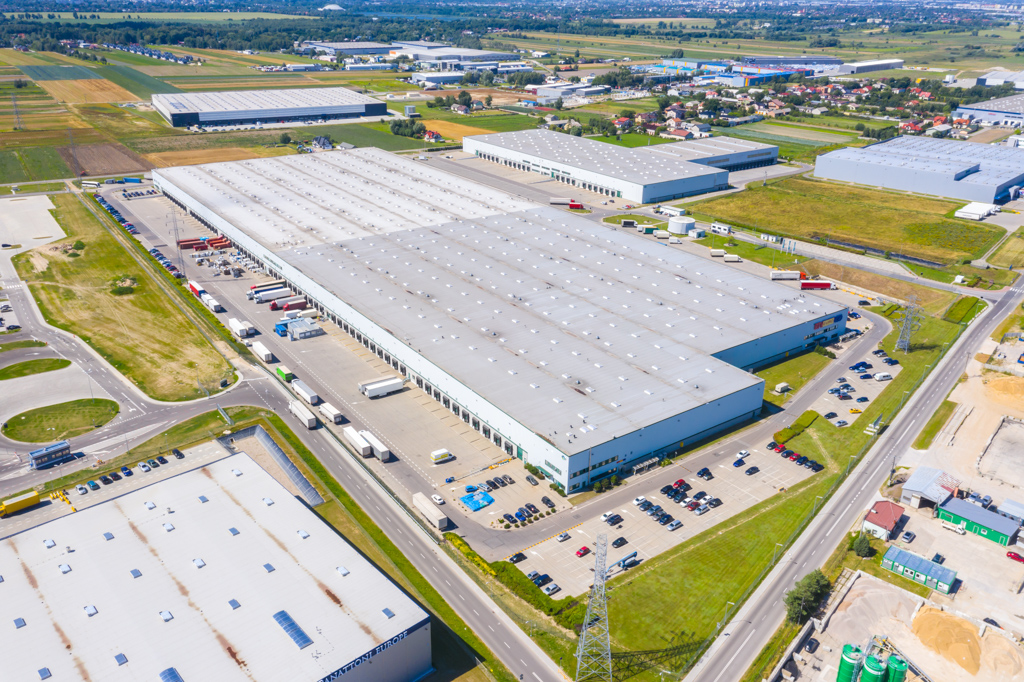Whybrow CEO Ewan Dodds BsC FRICS shares his views on the potential impact of the Autumn Budget on the commercial property market.
The Impact of the Autumn Budget on the Commercial Market: A view from Whybrow CEO, Ewan Dodds, BSc FRICS
As the leaves change and fall, so too does the economic landscape, and this year’s Autumn Budget brings potentially significant changes that will shape the future of the commercial market. Two key areas that businesses are closely watching are business rates and freeports, as the government unveils measures aimed at supporting economic recovery and growth.
Business Rates Relief Extension: A Lifeline for Retail, Hospitality, and Leisure
One of the headline announcements in the Autumn Budget is the extension of the current 75% business rates relief for eligible retail, hospitality, and leisure properties. This relief, initially implemented to cushion the blow of the pandemic, will now continue for an additional year in 2024/25. This extension comes as welcome news for businesses in these sectors, providing much-needed financial support as they navigate the ongoing challenges posed by the ever-changing economic climate.
Furthermore, the small business rates multiplier will be frozen for the upcoming fiscal year, offering stability and relief for small businesses. This move is designed to ease the burden on smaller enterprises and foster an environment conducive to their growth and sustainability.
The government’s commitment to supporting businesses through targeted rates relief demonstrates a recognition of the vital role played by these sectors in driving economic recovery. As businesses grapple with uncertainty, these measures provide a degree of financial certainty, enabling them to plan and invest in their future with greater confidence.
Freeports: Extending Tax Reliefs for a Decade
In a bid to stimulate economic activity and attract investment, the Autumn Budget also outlines an extension of the duration of tax reliefs available to businesses operating in freeports. Originally set at five years, this relief period will now be doubled to a decade, offering a more extended window for businesses to capitalise on the benefits associated with freeport status.
Freeports, designated areas with special customs and tax privileges, are intended to drive economic growth, create jobs, and encourage innovation. Extending the duration of tax reliefs enhances the appeal of these zones for businesses, potentially leading to increased investment and job creation.
The move aligns with the government’s broader strategy to position the UK as an attractive destination for businesses seeking favourable conditions for growth and development. By providing an extended period of tax relief, the Autumn Budget aims to encourage businesses to establish and expand their operations within freeports, fostering economic prosperity and regional development.
Having agreed terms for a retained client for a new warehouse within a freeport area in Suffolk recently, and prior to that on another substantial town centre building also within a freeport area, we recognise how important these are to prospective occupiers in driving this growth and demand.
The Autumn Budget’s impact on the commercial market is significant, with targeted measures aimed at supporting businesses in key sectors and promoting economic growth. The extension of business rates relief and the prolonged duration of tax reliefs for freeports underscore the government’s commitment to creating a favourable environment for businesses to thrive in the post-pandemic era.
As businesses adapt to these changes, the hope is that these measures will contribute to a robust and resilient commercial market in the years to come.


